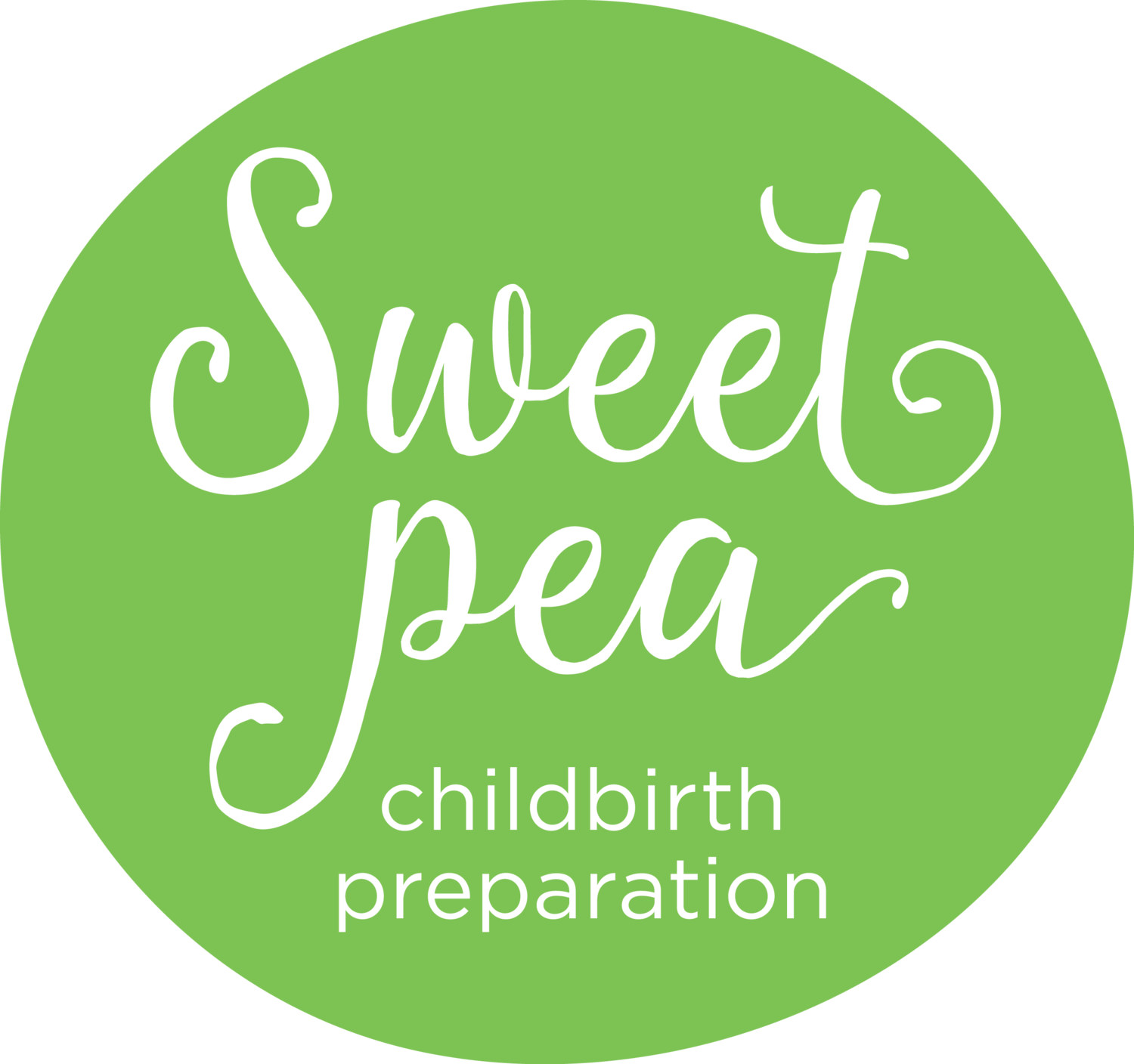Foods To Avoid In Pregnancy
/There are certain foods that you should avoid or limit in order to decrease the risks of contracting infections or complications during your pregnancy. I know the recommendations are overwhelming but remember the point of all recommendations are to avoid illness and reduce exposure. So simply give your food choices a second thought before consuming. The following is a detailed list of food categories, along with cooking guidelines for your reference. I hope it helps!
Seafood – raw or cooked: Although seafood is a great source of omega-3 fatty acids and iron, some fish contain harmful levels of mercury. Mercury interferes with the development of the baby’s nervous system. Common seafood items that contain high levels of mercury are: swordfish, shark, king mackerel, tile fish, and shellfish.However, the Food and Drug Administration (FDA) and Environmental Protection Agency (EPA) report that pregnant women can eat up to 12 ounces of seafood per week without significant health risks. It is recommended that you avoid the types of fish underlined above.
Cooking: Pay attention to fish advisories! (http://water.epa.gov)
Check out this PDF from the FDA for guidance
Cook seafood to an internal temperature of 145˚ F.
Smoked seafood should be cooked to 165˚ F.
Undercooked foods: Undercooked foods pose higher risks of food poisoning and other foodborne illnesses. This is the case for everyone, and is not limited to pregnant women. However, pregnant women may be more susceptible to food borne illnesses.
Cooking:
Eggs, or foods containing egg products, should be cooked to 160˚ F.
Beef, veal, and lamb steaks/roasts should be cooked to 145˚ F.
Pork and ground meats should be cooked to 160˚ F.
Poultry (and stuffing if included) should be cooked to 165˚ F.
Processed meats: There are a lot of opportunities for meat to be contaminated during production, especially if processed. Examples of processed meats include: bologna, salami, and hot dogs. The most common foodborne illness related to processed meat is listeriosis. Listera, the bacteria that causes listeriosis, can be avoided with cooking to the appropriate temperature.
Cooking:
Deli style meats and poultry (such as hot dogs, cold cuts, or dry sausage) should be heated to 165˚ F before eating.
Unpasteurized foods: Unpasteurized foods, such as raw milk, have higher risks of carrying foodborne illnesses. For this reason you should also stay away from some cheese such as brie, feta, camembert, and blue cheese unless you are certain they come from pasteurized milk.
Cooking:
Always make sure the labels on your cheeses, milk products, and juices specify that the product was pasteurized before you consume it.
Large quantities of Vitamin A: High amounts of Vitamin A can lead to birth defects. Liver is a common food item high in Vitamin A, and should be consumed in moderation.
Unwashed foods: Do not consume raw vegetables and fruits without thoroughly washing them first. Make sure to also wash sprouts and other earth plants extensively before consuming them.
Along with proper nutrition and routine care visits with your provider, it is important for women to forego risky behaviors and avoid certain food and activities to maintain a healthy pregnancy. So dont get overwhelmed, just double check your food labels, cook your food a bit longer or hotter, and if your not sure simply opt out.
Content provided by CWC K Street


